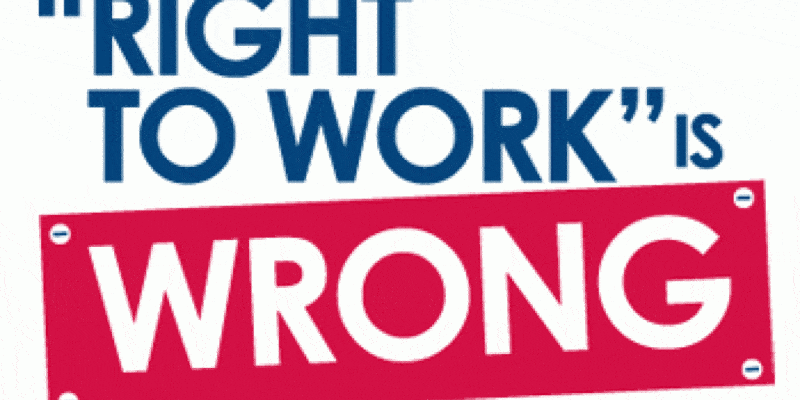September 4, 2018
Stand Up Nashville
Stand Up Nashville is very proud to announce that after several months of intense negotiations with Nashville Soccer Holdings (NSH), we have reached a landmark agreement that sets a new standard for development, including the following commitments:
Affordable Housing
- 20% of all housing units built at the development site will be set aside as Affordable and Workforce Housing.
- A commitment to 3 bedroom units that reflect the need for family housing in our city.
Wage Floor
- NSH agrees to directly hire stadium workers (ushers, ticket takers, box office janitorial, custodial, maintenance, field maintenance employees) and pay them at least $15.50 an hour.
- The establishment of a first-of-its kind targeted hiring program in Nashville with dedicated staff that will connect individuals with barriers to employment to future job opportunities at the stadium.
Community Services & Amenities
- 4,000 sq ft will go to a childcare facility, which will operate on a sliding scale.
- 4,000 sq ft will go to establishing micro-unit retail spaces for artisans and local small businesses at a reduced rental rate.
- NSH will host annual coaching clinics for Metro School and other youth soccer coaches and donate soccer equipment to these programs.
Jobs and Workforce Development
- Mandatory safety training for all construction workers and supervisors.
- Leveling the playing field for responsible contractors that provide safe, thriving careers for their employees.
- Construction careers for individuals with barriers to employment, especially from Promise Zones.
- Inclusion of minority contractors.
Community Advisory Committee
- A Joint Committee will be established with community representation. This Committee will oversee the implementation of the CBA, monitor successes, ensure compliance with the terms of the CBA, and produce an annual public report.
SUN remains steadfast in this fight and recommits ourselves to ensuring development benefits all Nashvillians. “For many Nashvillans, this marks the end of hopelessness and the beginning of a new and better Nashville. Housing our residents and improving conditions for workers is the responsibility of the people, the electorate, and developers,” said Odessa Kelly, Co-Chair of Stand Up Nashville. “We call on our elected representatives to ensure safe and just working conditions for the hardworking men and women who build this city. No developer should get such huge taxpayer subsidies and not be held to a high standard of providing a safe and dignified job to workers in our city.”







